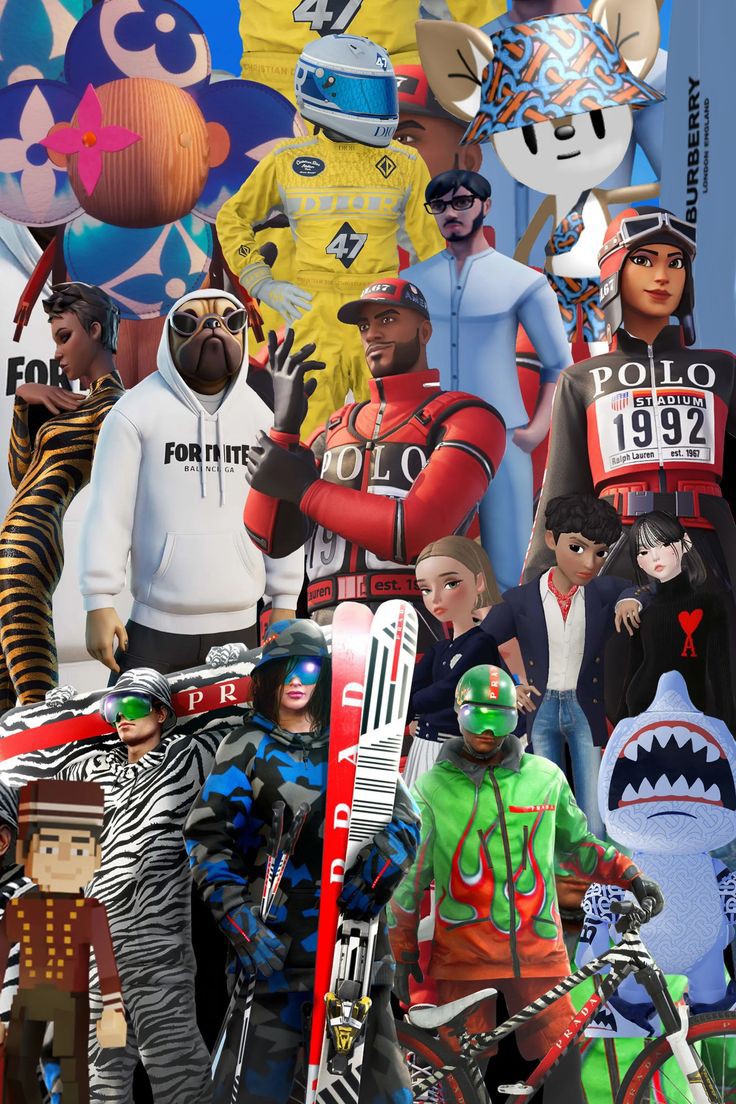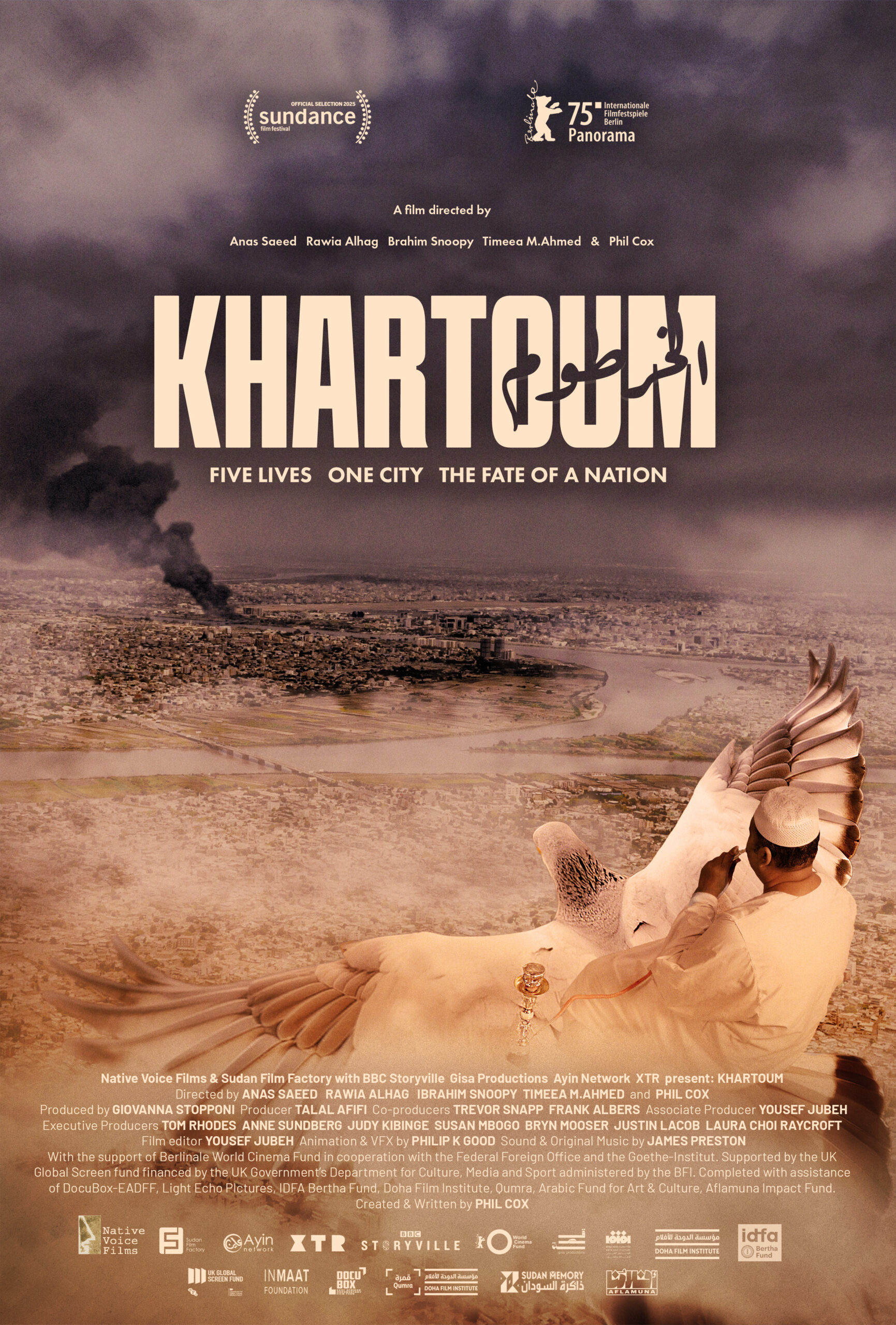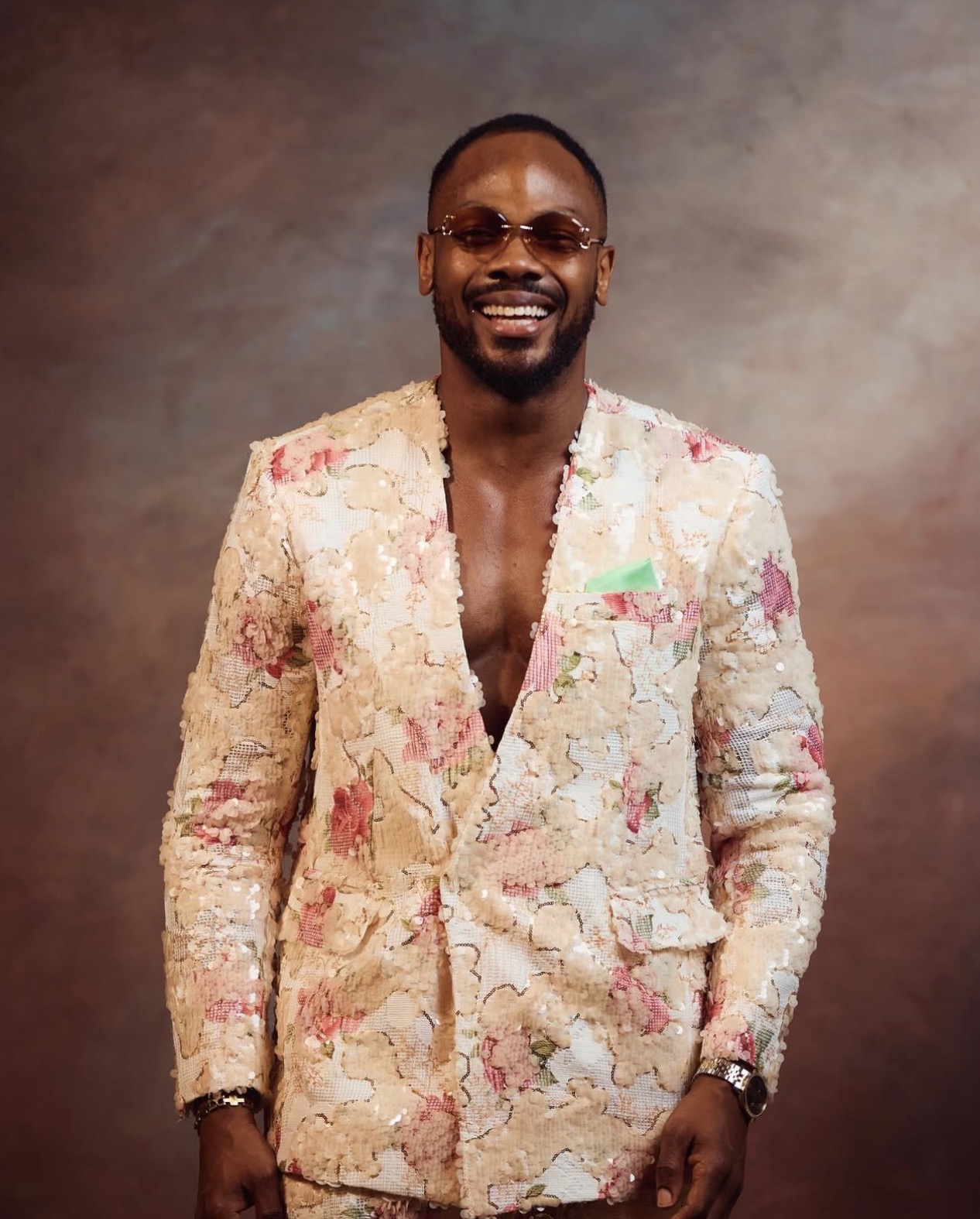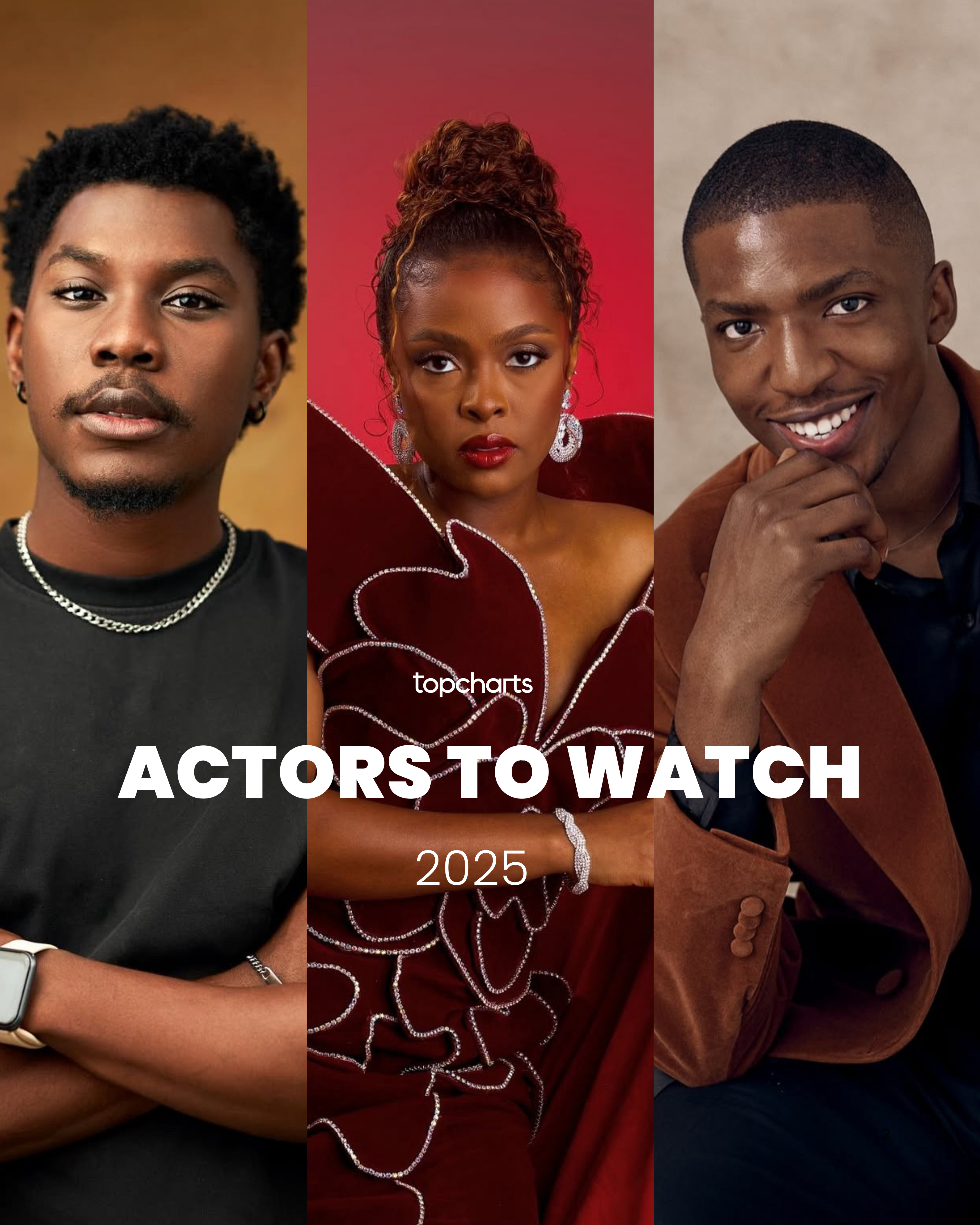Written by Emmanuel Egwu
Virtual reality (VR) isn’t just for video games anymore. These days, it’s stepping out of the gaming world and into our everyday lives—including the vibrant world of fashion. While tech and fashion might seem like strange bedfellows, they’re a match made in heaven. In Nigeria, where fashion is a cultural expression, VR opens up some exciting possibilities. Let’s dive into how this technology is shaking things up in the Nigerian fashion scene.
VR’s Global Fashion Takeover Around the world, VR has already made its mark in fashion. Imagine watching a runway show from New York or Milan right in front of you, like you’re in the front row—all from your living room.
Brands like Gucci and Balenciaga create immersive experiences where you can try on clothes virtually before buying. It’s a new era for fashion lovers, and this isn’t just a trend—it’s the future.
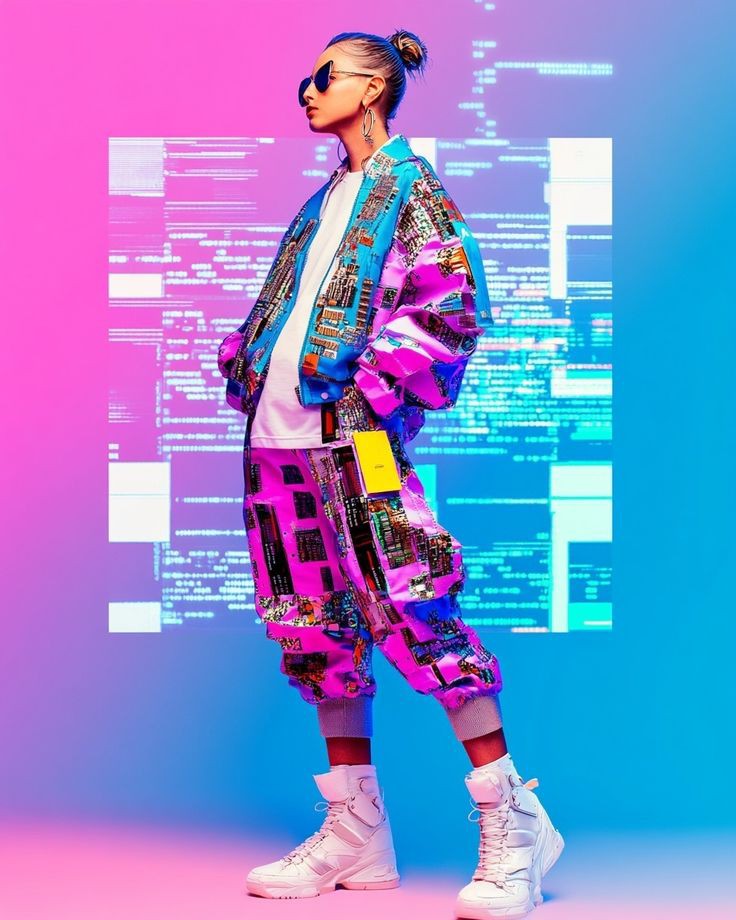
So, how can Nigeria tap into this tech magic to elevate our fashion industry?
Nigeria’s Fashion Scene: Ready for a Tech Boost Nigeria’s fashion industry has always been a powerhouse of creativity. From Lagos to Abuja, our designers blend traditional styles with modern fl air, creating pieces that make the world take notice. We’ve already embraced online shopping and social media marketing, but VR is the next giant leap. It’s about taking our designs from the local runway to the global stage, and VR might just be the way to get there.
Bringing the Runway Home One of the most exciting things VR of f ers is virtual fashion shows. Imagine attending Lagos Fashion Week without dealing with traf f ic or the scramble for tickets. With VR, you could sit in the front row from your couch, watching models showcase the latest collections in 3D. It’s like you’re right there, catching every detail.
This isn’t just about convenience; it’s about opening doors. Virtual fashion shows allow our designers to reach a bigger audience without the enormous costs of physical events. It’s also a game-changer for emerging designers who might not have the budget for grand runway shows.
With VR, they can put their talent on display for the world to see—no borders, no limits.
Smarter Shopping: Virtual Fitting Rooms Let’s be real: online shopping can sometimes feel like a gamble. We’ve all ordered clothes online that looked great in photos but didn’t quite fi t right in reality. Virtual fi tting rooms powered by VR could change that. Imagine being able to create a digital version of yourself that you can dress up to see how outf i ts look on you before hitting the checkout button, amazing right?!
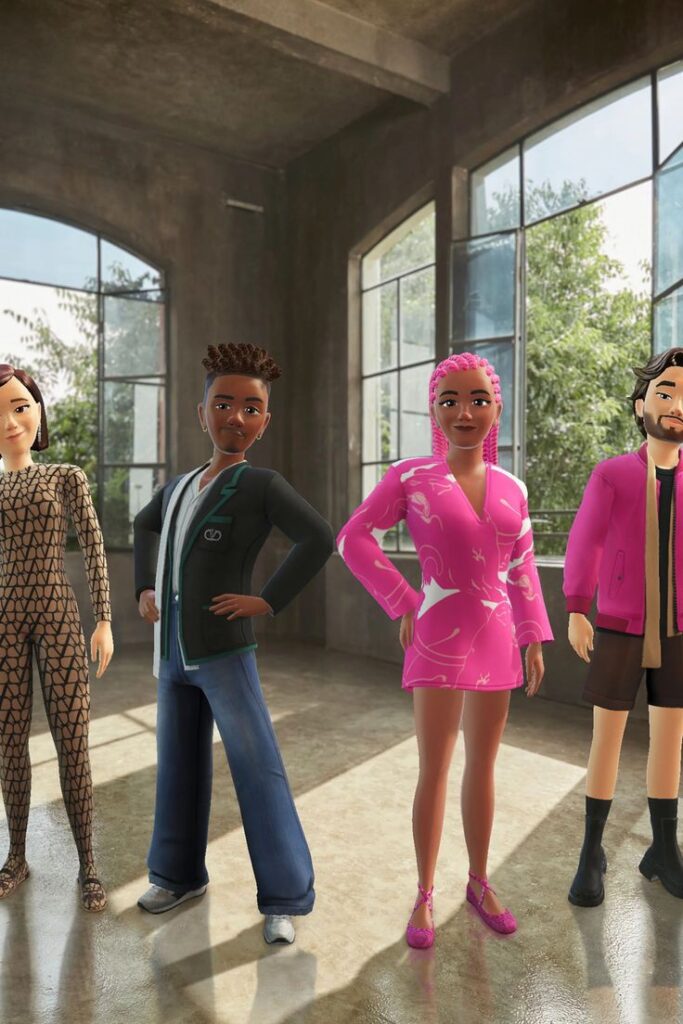
For Nigerian retailers, this means fewer returns, more satisfied customers, and a new level of interactivity. When shoppers can experience the fashion from home, it adds a level of trust that makes online shopping much more enjoyable.
Creative Collabs Across Borders From my experience in the application of virtual reality to fashion and other industries, one of the coolest things about VR is how it makes the world smaller. Nigerian designers can collaborate with international creatives in real-time, no matter where they are. Imagine a designer in Lagos brainstorming a collection and creating practical version of ideas with a partner in Paris, all in a virtual space where they can sketch and design together.
There isn’t just about a speed element to it—it’s about blending cultures and styles to create something new and fresh. Nigerian designers have a huge opportunity to create globally appealing designs while staying true to our African roots.
Fashion Goes Green with VR The fashion industry is notorious for its waste, especially when it comes to producing samples.
But Virtual Reality can help turn that around. Designers can create digital versions of their designs and perfect them before they even touch fabric. This isn’t just good for the environment;
it’s also great for saving money.
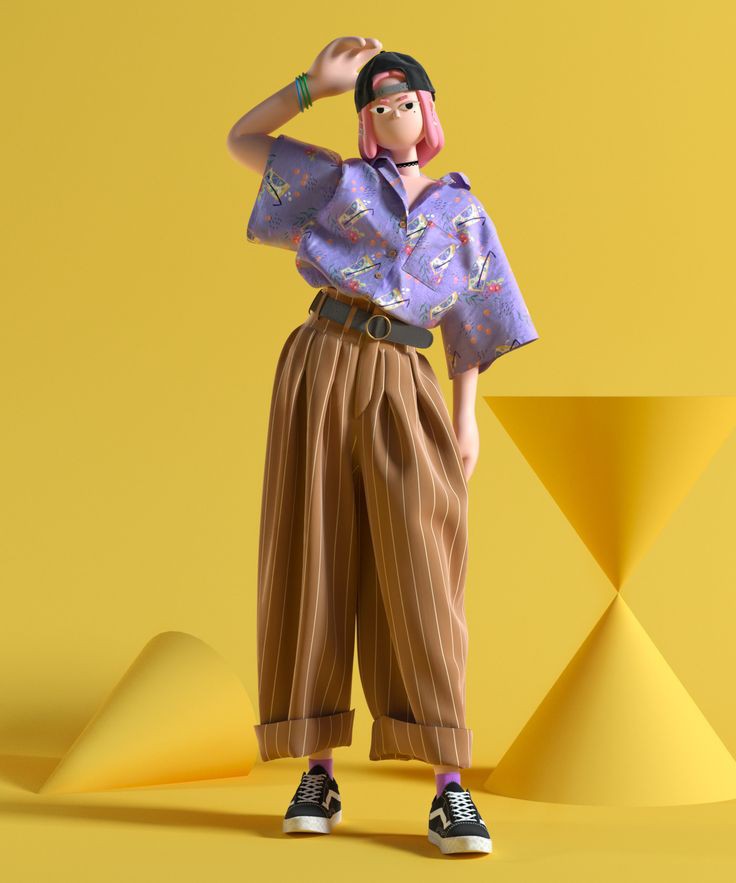
For Nigerian designers who are increasingly focusing on sustainability, Virtual Reality of f ers a way to innovate and break new walls without harming the planet.
The Challenges Ahead Let’s not sugarcoat it—adopting VR in Nigeria has its challenges. The technology can be expensive, and our internet infrastructure still has some catching up to do. Plus, there’s a learning curve; not everyone’s familiar with using this kind of tech in fashion.
But Nigerians are nothing if not resilient. We know how to make things work, even when the odds are stacked against us. As the tech becomes more af f ordable and awareness grows, more Nigerian brands will dive into this virtual world.
The Bright Future of Nigerian Fashion Looking ahead, it’s clear that VR is more than just a tech trend—it’s a potential revolution in the making for Nigerian fashion. With our young, tech-savvy population and a deep well of creative talent, we’re in a prime position to lead this change if we just take advantage of this technology and join the moving train. Imagine a future where Nigeria isn’t just following global trends but setting them, using VR to blend our culture with cutting-edge tech.

